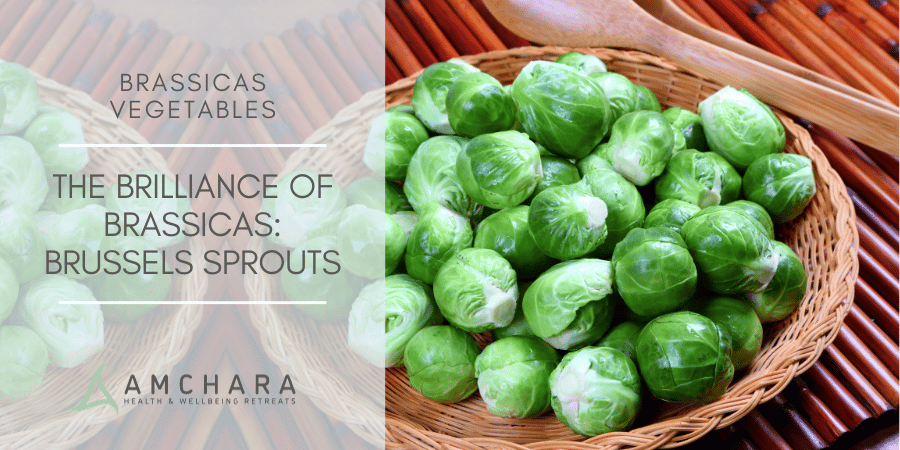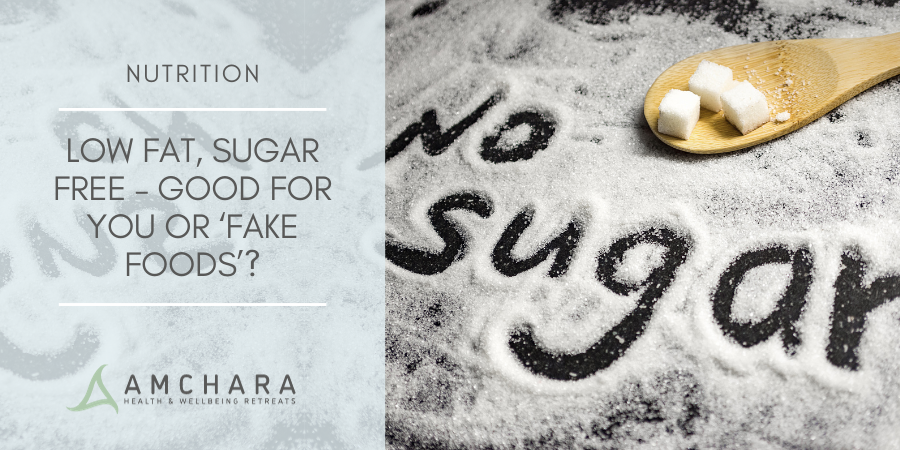In our last blog post, we covered the wondrous benefits of brassica vegetables. In this article, we’re looking more in-depth at Brussels sprouts and how they can benefit your health.
As children, many people don’t like sprouts due to their strong flavour, however, it is a great thing to introduce from a young age as you will see when you read on.
Read the rest of the brassica series:
- The Brilliance Of Brassicas: Bok Choy
- The Brilliance Of Brassicas: Brussels Sprouts
- The Brilliance Of Brassica Vegetables
- The Brilliance Of Brassicas: Kale Queen Of The Greens
- The Brilliance Of Brassicas: Broccoli
Cholesterol Lowering With High Fibre
It is pretty well known that Brussels sprouts are a fantastic source of fibre with a single serving of 100g offering 15% of your RDA in fibre. This high fibre content makes Brussels sprouts a great food to consume to aid with lowering cholesterol and reducing the risk of heart disease. Cholesterol is reduced by the fibre binding with bile acids, meaning that the liver has to work harder to produce more bile acid which in turn uses up more cholesterol, therefore reducing the amount of cholesterol in the blood.
DNA Preservation
Another great benefit of Brussels sprouts is DNA preservation. Particular compounds found in Brussels sprouts are known to block certain enzymes that can destabilise DNA in white blood cells, and eating Brussels sprouts, therefore, prevents this.
Anti-Inflammatory Properties
Brussels sprouts contain high amounts of glucobrassicin, which is a substance that is broken down in the body to form another substance that fights inflammation, making it a great vegetable to eat if you suffer from arthritis or any other inflammatory disease. Just 150g of Brussels sprouts contains 430mg of omega-3 fatty acids which are essential for the body’s inflammatory responses.
Cancer Risk Reduction
Brussels sprouts are shown to be able to reduce the risk of various types of cancer. This is down to the Glucosinolates in Brussels sprouts and detoxifying isothiocyanates, which can help to fight ovarian, prostate, lung, breast and many other cancers.
Cardiovascular Health
Compounds found in Brussels sprouts have been shown to heal and in some cases completely reverse blood vessel damage. The anti-inflammatory action also helps to lower the risk of heart disease, heart attacks, angina, strokes and artery blockages.
So, in spite of the fact that Brussels sprouts are rather gassy vegetables to eat, it is definitely worth it when you look at the many health benefits associated with these fantastic vegetables. We love them, and now you can see why sprouts shouldn’t just be for Christmas!




